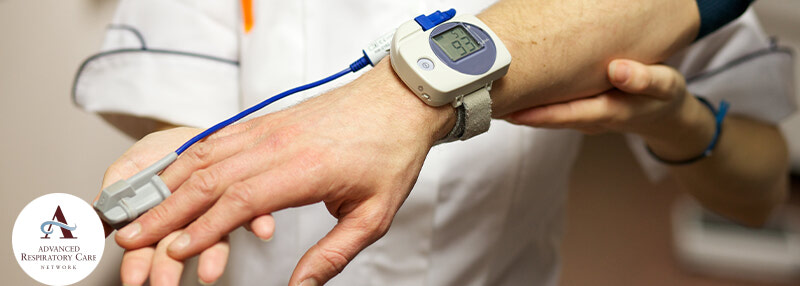Sleep apnea is a common sleep disorder that affects millions of people worldwide. It can lead to serious health issues if left untreated, but the good news is that it's highly manageable with the right approach. One of the first steps in managing sleep apnea is getting a proper diagnosis through sleep testing. If you're curious about sleep apnea and the testing process, you're not alone. Here are some frequently asked questions about sleep apnea and sleep testing, answered:
What is sleep apnea? Sleep apnea is a sleep disorder characterized by pauses in breathing or shallow breaths during sleep. These pauses can last from a few seconds to minutes and can occur multiple times per hour.
What are the symptoms of sleep apnea? Common symptoms of sleep apnea include loud snoring, waking up with a dry mouth or sore throat, morning headaches, excessive daytime sleepiness, irritability, and difficulty concentrating.
How is sleep apnea diagnosed? Sleep apnea is diagnosed through a sleep study, also known as polysomnography. During a sleep study, various aspects of your sleep, such as your breathing patterns, heart rate, and oxygen levels, are monitored to determine if you have sleep apnea and how severe it is.
What is a home sleep apnea test? A home sleep apnea test is a simplified version of a sleep study that can be done in the comfort of your own home. It typically involves wearing a small device that measures your breathing patterns and oxygen levels while you sleep.
How is sleep apnea treated? The most common treatment for sleep apnea is continuous positive airway pressure (CPAP) therapy. This involves wearing a mask over your nose or nose and mouth while you sleep, which delivers a continuous flow of air to keep your airway open.
Can sleep apnea be cured? While there is no cure for sleep apnea, it can be effectively managed with lifestyle changes, such as losing weight, quitting smoking, and avoiding alcohol and sedatives before bedtime. CPAP therapy is also highly effective in controlling sleep apnea symptoms.
Is sleep apnea dangerous? Untreated sleep apnea can lead to serious health issues, including high blood pressure, heart disease, stroke, and diabetes. It can also increase the risk of accidents due to excessive daytime sleepiness.
Who is at risk for sleep apnea? Sleep apnea can affect anyone, but certain factors can increase your risk, including being overweight, having a neck circumference greater than 17 inches (for men) or 16 inches (for women), having a family history of sleep apnea, and being over the age of 40.
How can I improve my sleep if I have sleep apnea? In addition to CPAP therapy, there are several lifestyle changes you can make to improve your sleep with sleep apnea. These include maintaining a regular sleep schedule, sleeping on your side instead of your back, and avoiding caffeine and heavy meals before bedtime.
If you suspect you have sleep apnea or are experiencing symptoms, it's important to speak with a healthcare professional at Advanced Respiratory Care Network. We can help determine the best course of action for diagnosis and treatment. With the right approach, sleep apnea can be effectively managed, allowing you to get the restful sleep you need for better health and well-being.

